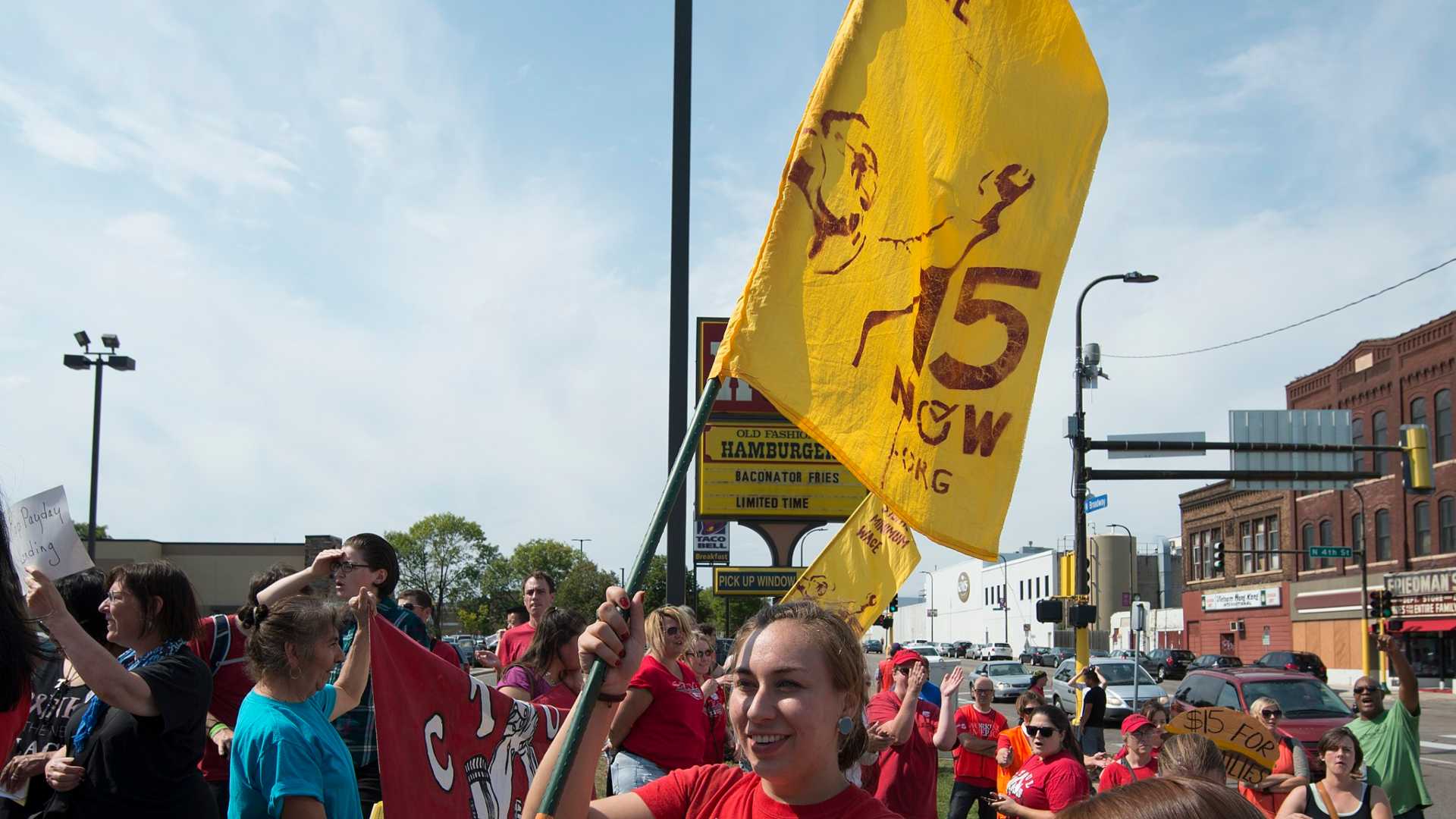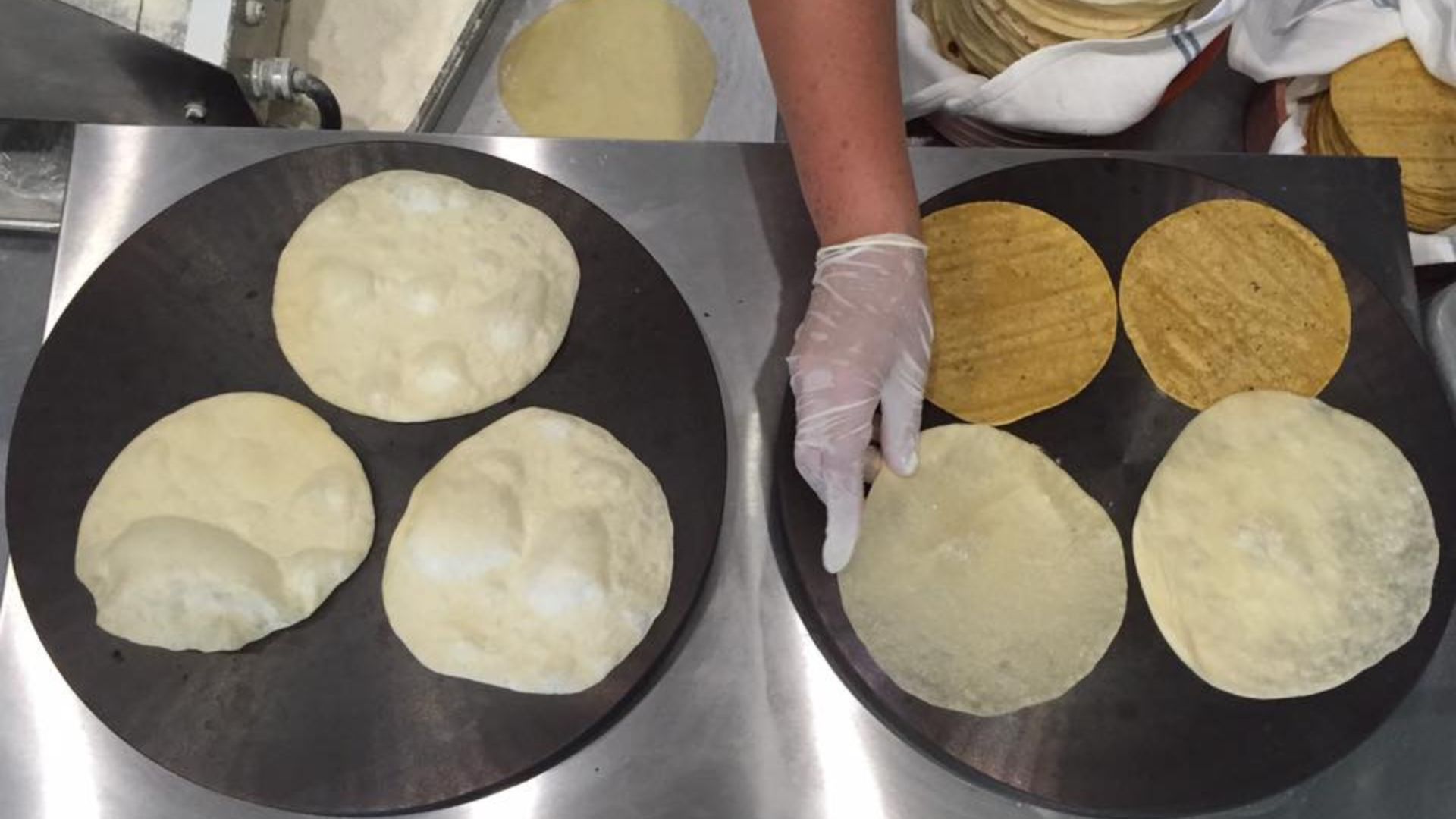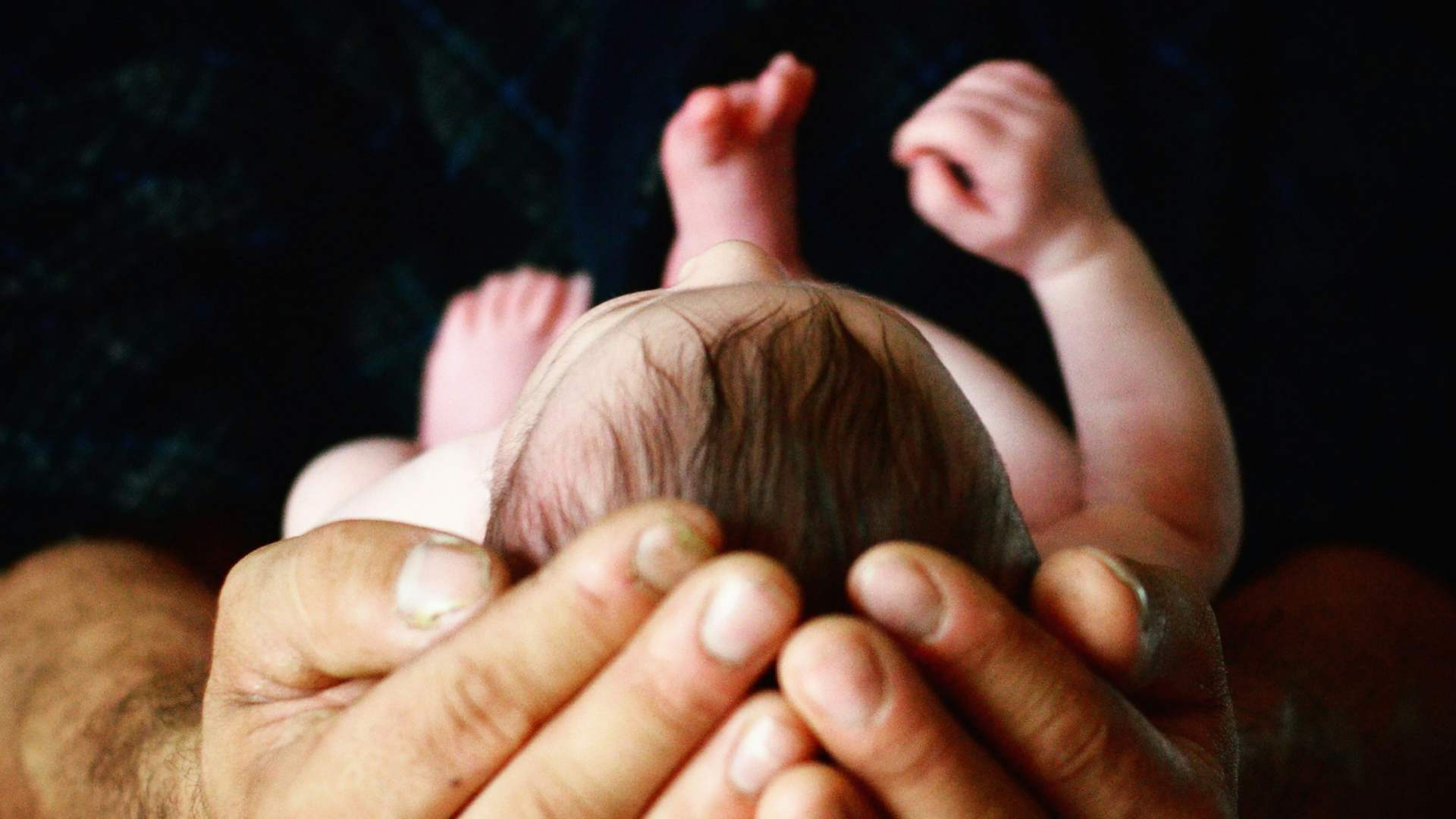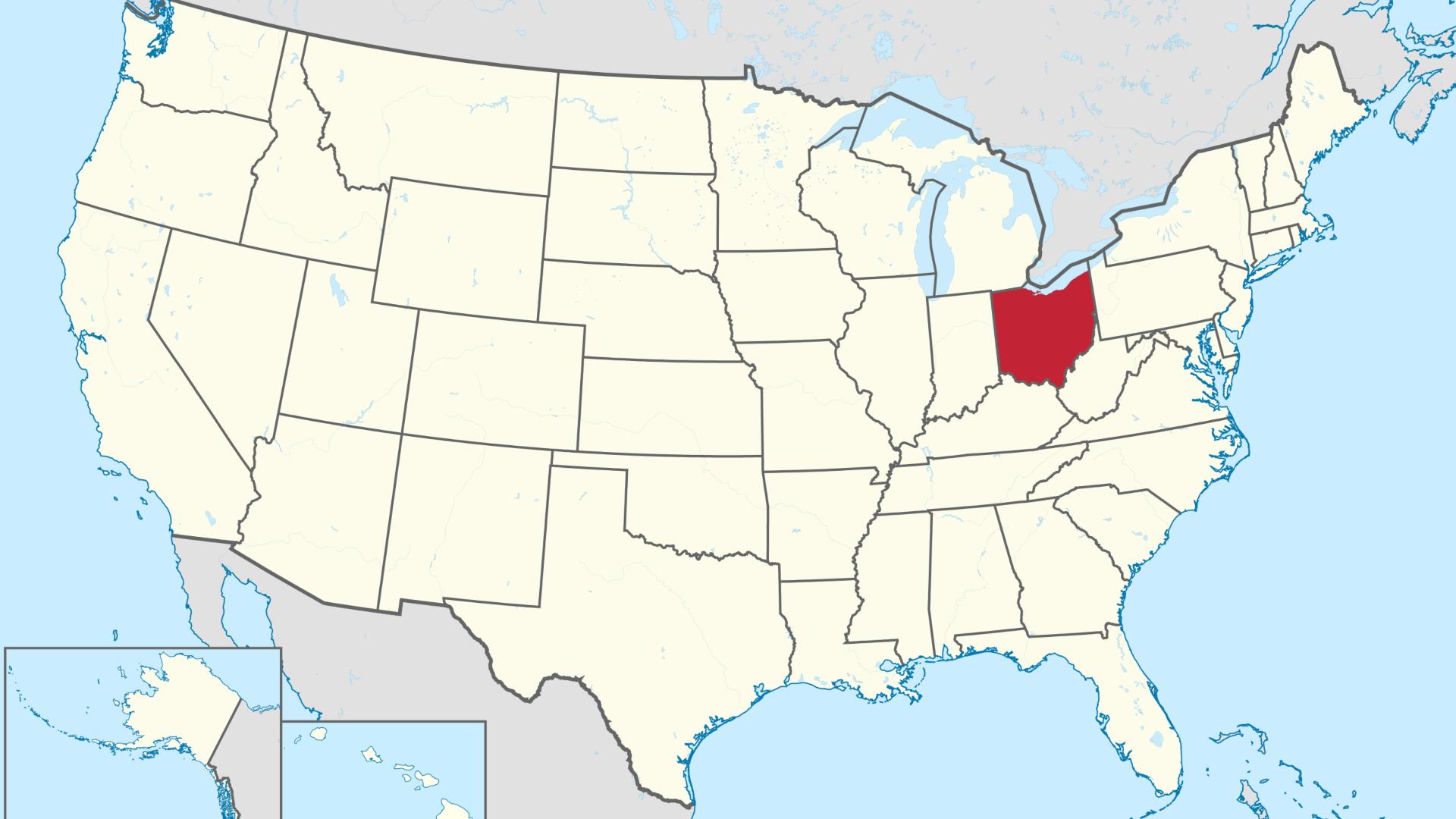Republican Senator Bill Blessing from Coleraine Township in Ohio has introduced a bill that would hike the state’s minimum wage for non-tipped workers to $15 an hour by 2028.
The bill’s introduction comes amidst a proposed ballot issue in November that would have voters decide the same question, leaving some skeptical about the bill’s timing and motivation.
Ohio Minimum Wage

Currently, Ohio’s minimum wage is $10.45 for non-tipped workers and $5.25 for tipped workers. In 2024, the minimum wage had increased by 35 cents from the previous $10.10 it was for non-tipped employees.
Ohio’s minimum wage rules are dictated by a constitutional amendment passed in 2006 that ties worker wages to the Consumer Price Index, which is one way to measure inflation.
$15 Minimum Wage

The push for a $15 minimum wage in Ohio gained steam after a group called Raise the Wage Ohio started collecting signatures to put the question on the ballot this November.
The group promises the amendment will “Raise Ohio’s minimum wage to $15 per hour (plus tips!)” and ban sub-minimum wages for “tipped workers, young workers, and Ohioans with disabilities”
Ohio Bill

Now, in response to the push for a ballot initiative, Senator Blessing is trying to get the job done through the legislature instead.
Blessing complains that the ballot language in the Raise the Wage Ohio amendment is “a very blunt instrument to accomplish what they are trying to accomplish.”
Difference for Tipped Workers

While both Blessing’s bill and the ballot initiative both have the $15 minimum wage label, there is a key difference. In Blessing’s bill tipped workers will not be secured a $15 minimum wage, and instead will have a minimum wage of $7.50 plus tips.
By contrast the Raise the Wage Ohio amendment would entitle tipped workers to a $15 minimum wage in addition to any tips they receive.
Why the Difference?

Blessing feels raising the minimum wage for tipped workers too quickly would cause undue harm to businesses.
A dramatic rise in pay he feels would lead to higher customer prices and an increase in the unemployment rate in areas struggling to pay the current minimum wage to workers.
Strange Move from the Republicans

The move has confused some as pushes for increasing the minimum wage have overwhelmingly come from Democrats in Ohio.
“When the Legislature steps in at the 11th hour in response to a potential ballot initiative, one has to be a little bit suspect,” said Ohio Senate Minority Leader Nickie Antonio from Lakewood.
Competing Interests

Currently, the legislature in Ohio is controlled by Republicans, so it seems like this move from Republicans is a way to “fend off” the $15 minimum wage ballot proposal before it has the chance to be put in front of voters.
“Eliminating the tipped wage, as proposed in the ballot initiative, would threaten the survival of many small and independent restaurants, especially those in small towns across Ohio,” said Tod Bowen with the Ohio Restaurant Association, an organization that worked on the bill with Senator Blessing and also opposes the proposed $15 ballot initiative.
Compromise For Each Side

Senator Blessing disagrees with the sentiment that the bill is trying to stifle voter’s ability to choose, feeling it’s a way to “compromise” with the interests of each political side.
“I think it is a good faith effort by the General Assembly to say, ‘Okay, let’s meet the voters where they’re at, even if it’s something that wouldn’t have otherwise occurred,” said Blessing.
Tricking the Public

Campaign Manager of Raise the Wage Ohio Mariah Ross came away with a different impression of the bill’s motivation and impact.
Ross said the bill was “an underhanded attempt to trick the public” because it willfully excluded tipped workers from the equation.
Earning Income Tax Credit

Blessing’s bill also contains an increase in the earned income tax credit for Ohio employees who have a child under three years old. Regular employees would be eligible for a 9% federal tax credit while those with at least one child under age three would be eligible for a 12% one.
This means if Blessing’s bill passes Ohoians could receive a tax credit between $54 and $892 on their earned income.
How Do Ohioans Feel?

According to recent polling, a majority of Ohio voters support increasing the minimum wage. A 2022 survey of likely voters found that 60% of voters support a $15 per hour minimum wage specifically.
The Raise the Wage Ohio ballot initiative has until July 3rd to collect 413,000 voter signatures to be allowed on the November ballot in Ohio.
